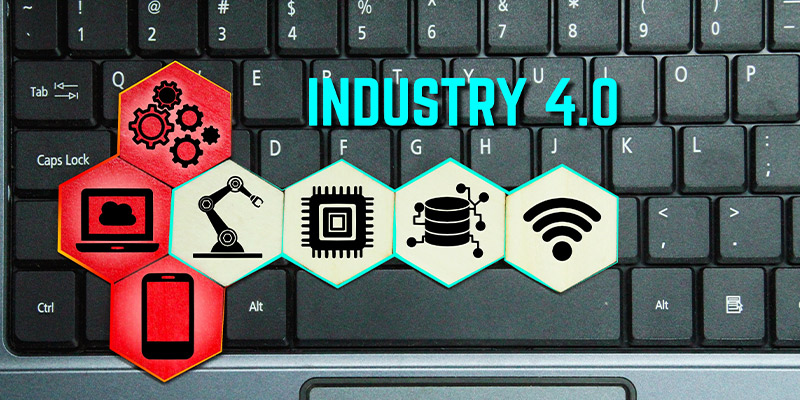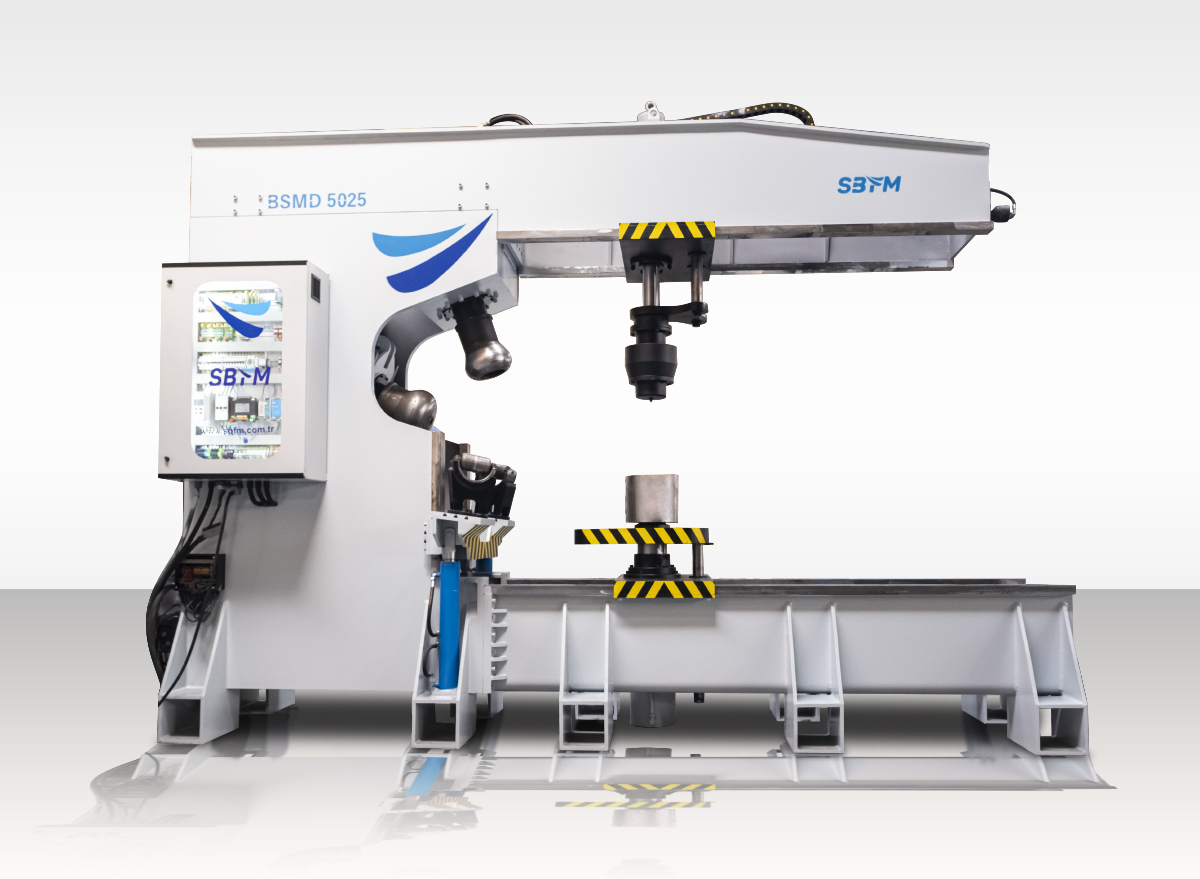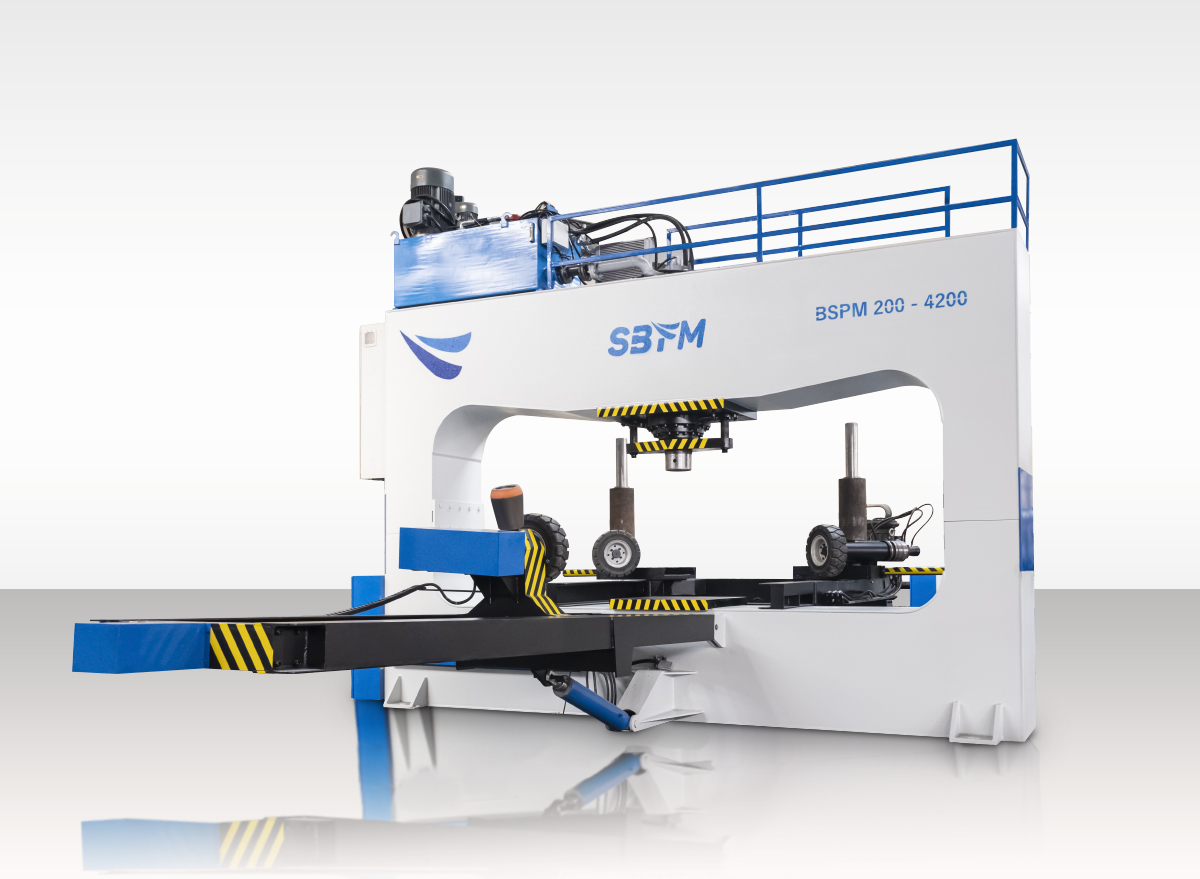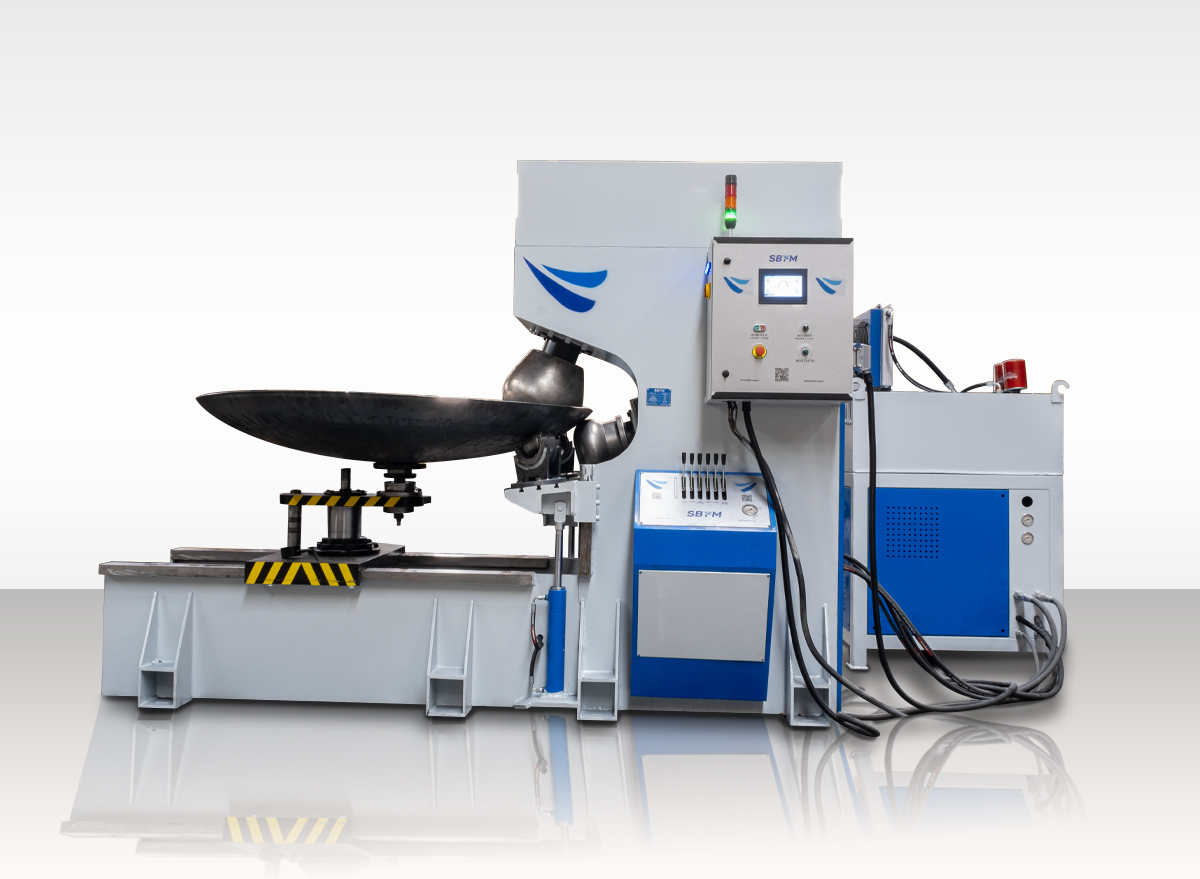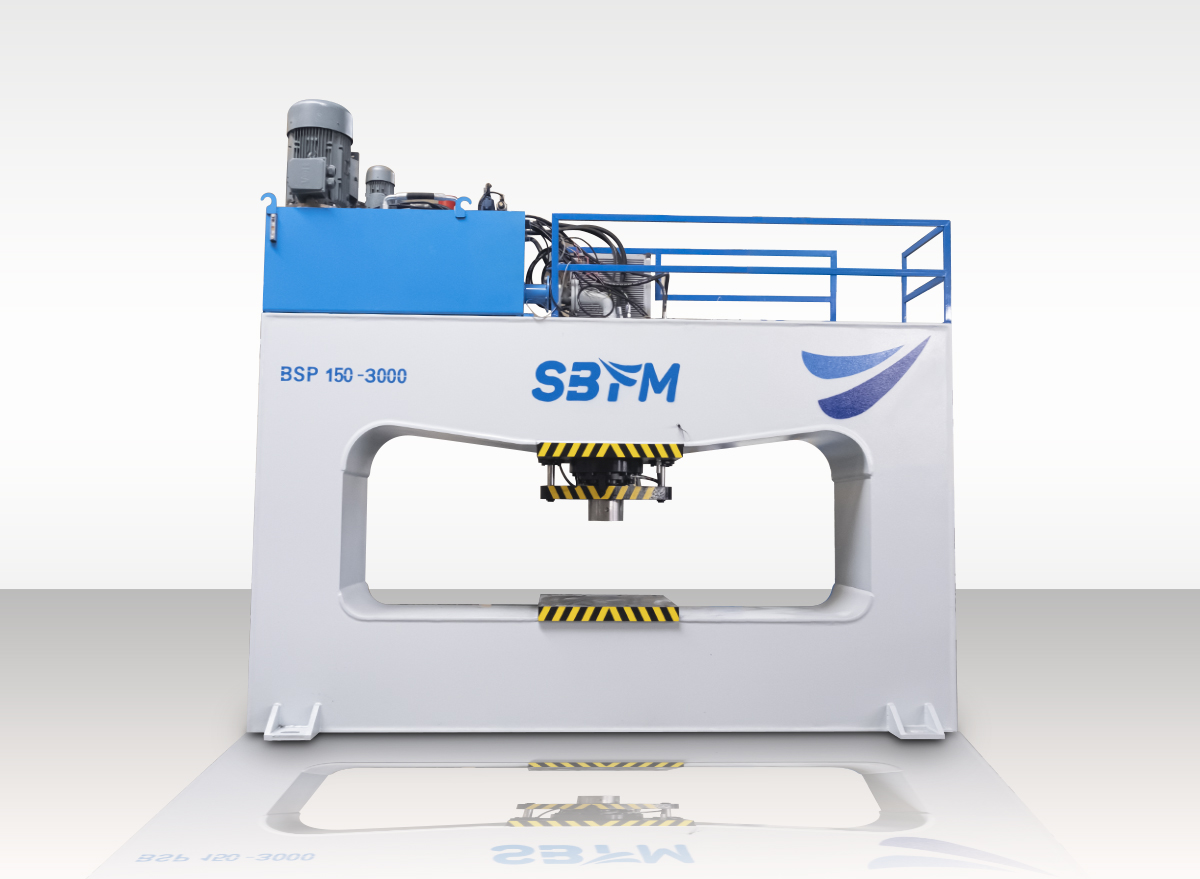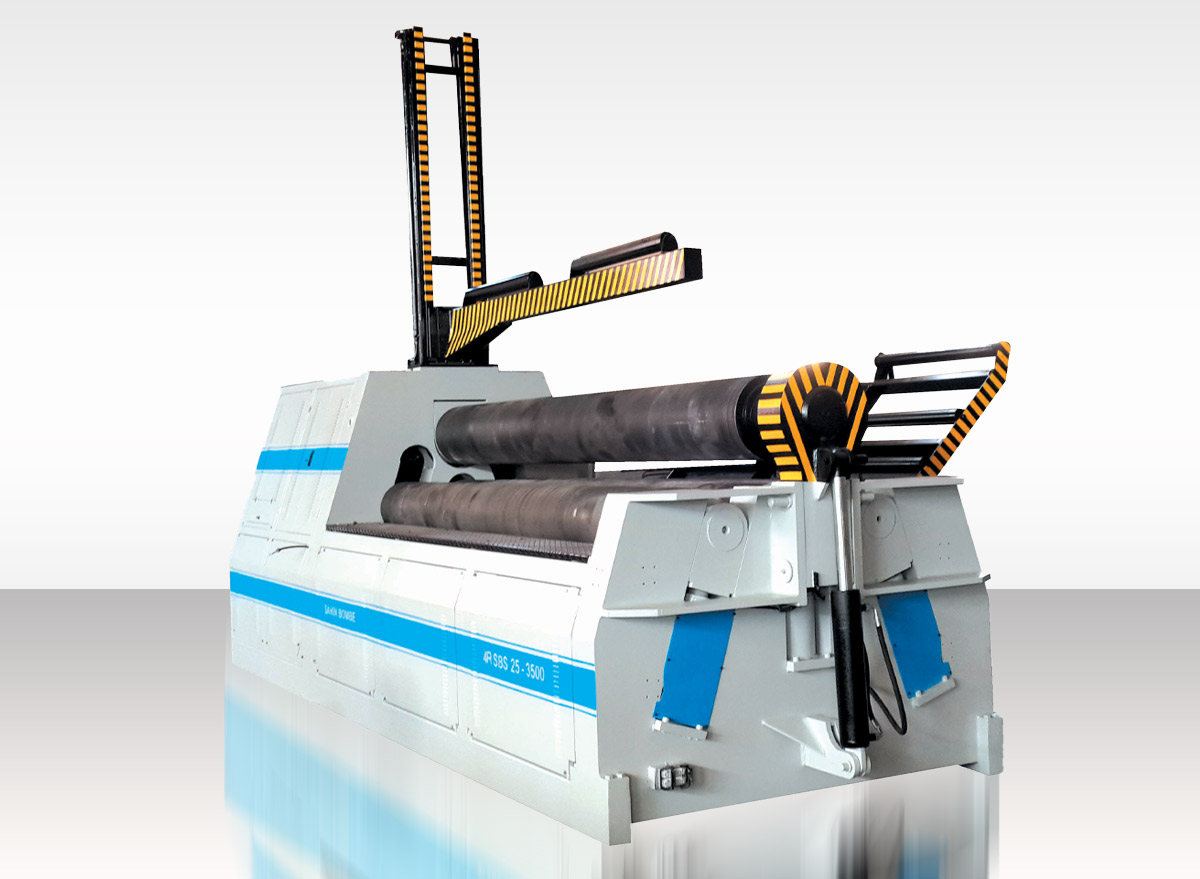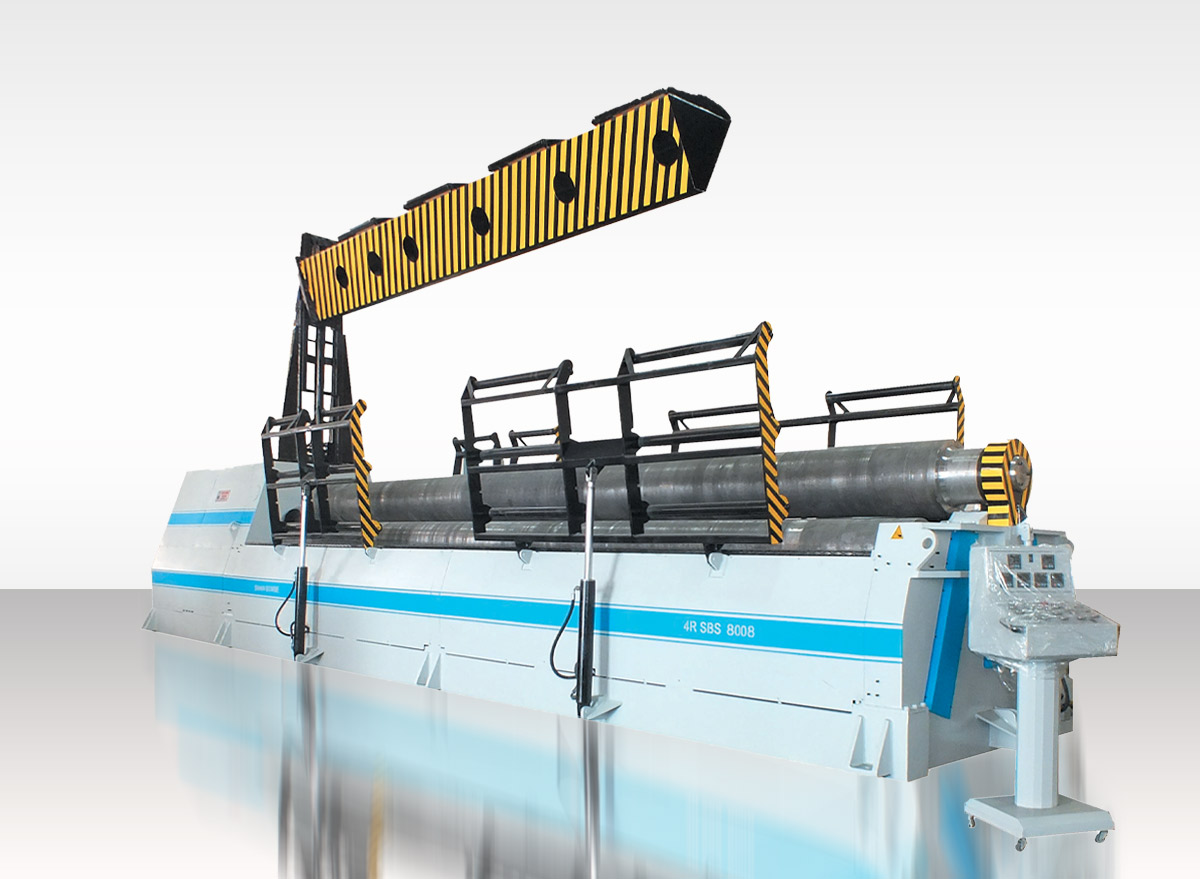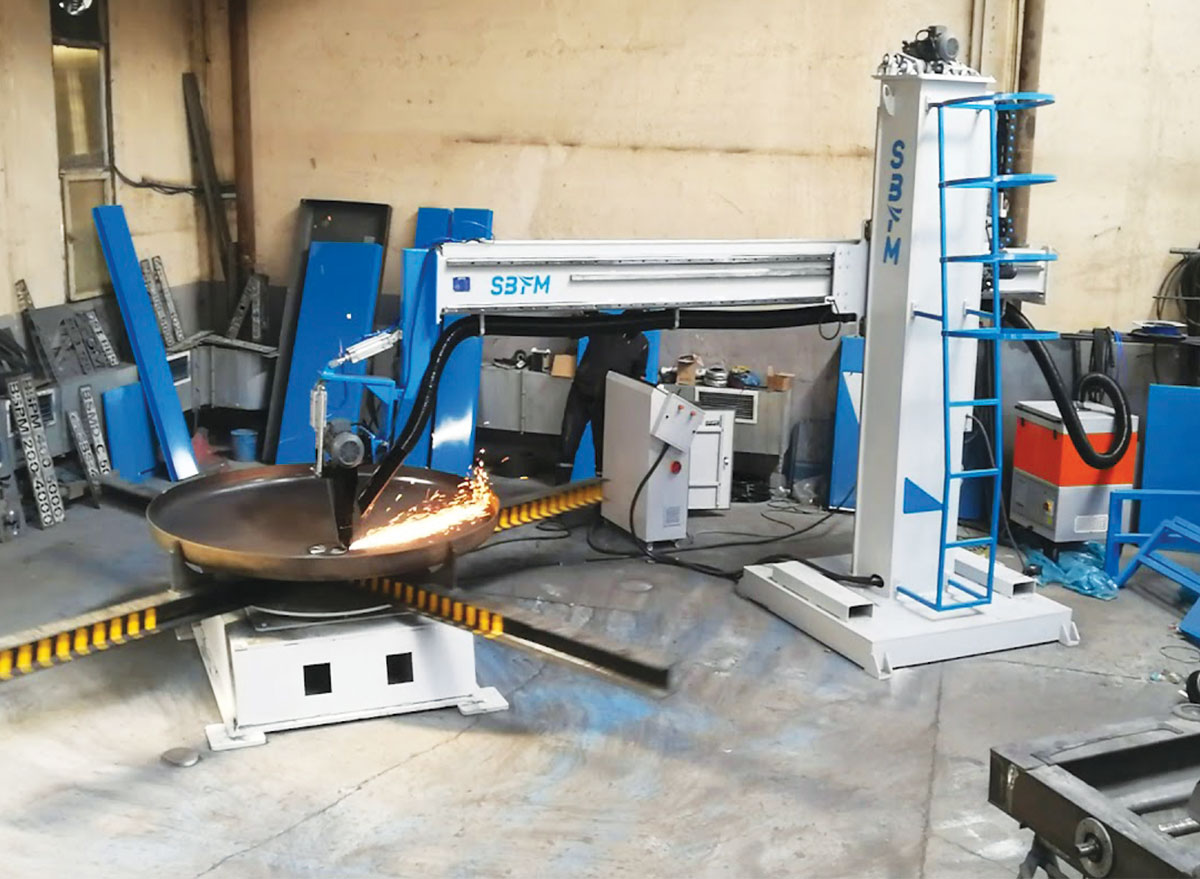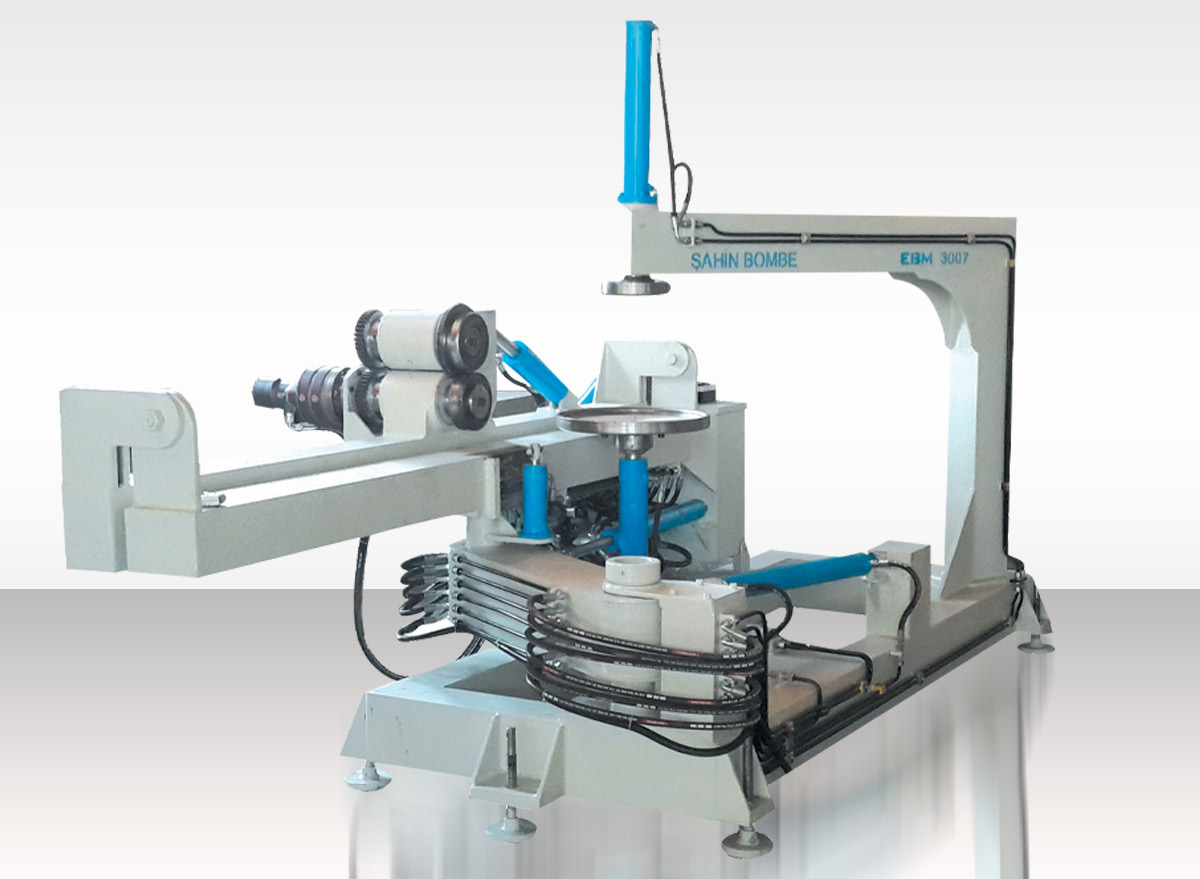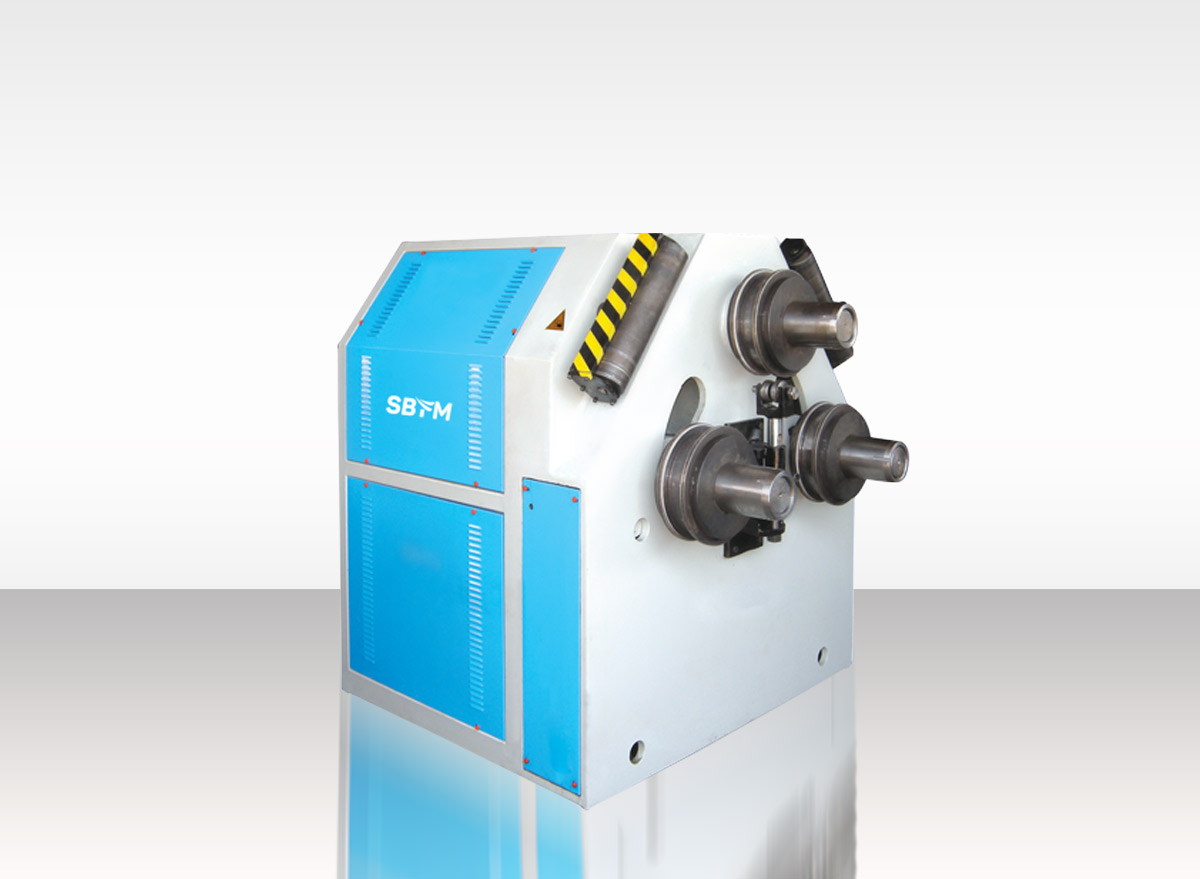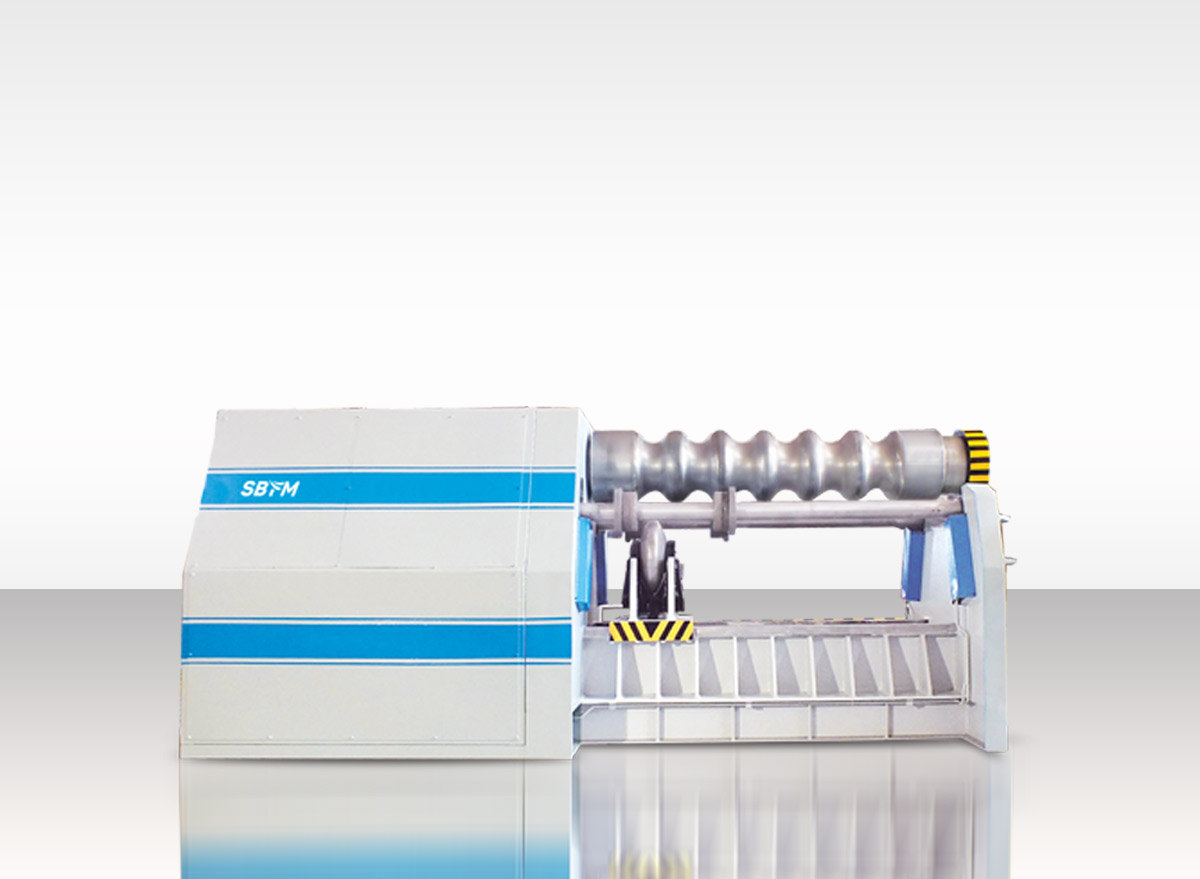Industry 4.0 is a concept that expresses digital transformation and automation in industry and has emerged as an indicator of innovation and efficiency. As industries around the world embark on a digital transformation journey, an unprecedented era of connectivity, automation and data-driven decision-making has also begun. The aim here is to increase efficiency, speed, flexibility and quality in production processes. As SBFM Makine, in this article we will discuss the importance of digital transformation in the industry and discuss the basic foundations of Industry 4.0 and its future vision.
Understanding Digital Transformation:
Digital transformation refers to the multifaceted integration of digital technologies into business operations and fundamentally changes how organizations work and the value they provide to customers. It is based on the use of advanced technologies such as artificial intelligence, machine learning, Internet of Things (IoT), big data analytics and cloud computing to facilitate business processes, increase productivity and promote innovation.
In the industrial context, digital transformation has revolutionized traditional manufacturing and production processes, creating smart factories and intelligent supply chains. By making use of interconnected devices and sensors, manufacturers can store real-time data, monitor equipment performance, and optimize production workflows for maximum efficiency.
The Basic Foundations of Industry 4.0:
Industry 4.0 is a system that expresses digital transformation as a result of the integration of physical machines with various advanced technologies. This transformation is the fourth industrial revolution that is blurring the lines between the physical, digital and biological fields.Dec. The main pillars of Industry 4.0 are as follows:
-
Internet of Things (IoT)
- Production machines and other devices provide data transfer by connecting to the Internet and optimize processes. This offers the possibility of real-time monitoring and control.
-
Cyber-Physical Systems (CPS)
- Refers to the optimization between physical objects and digital systems.Dec. With sensors and actuators, physical processes are monitored and controlled through software.
-
Big Data and Analytics (Big Data & Analytics)
- Analysis of big data collected from production processes improves decision-making stages and increases efficiency.
-
Cloud Computing (Cloud Computing)
- The use of cloud systems for data collection, storage and processing offers more flexible and scalable data.
-
Artificial Intelligence and Machine Learning (AI & Machine Learning)
- Artificial intelligence and machine learning are used for automation and optimization of production processes. It provides many benefits in areas such as predictable maintenance and quality control.
-
Autonomous Robots
- Industrial robots work autonomously and increase the accuracy rate while speeding up production processes.
-
Virtual Reality (VR) and Augmented Reality (Dec)
- It is used in training, maintenance and assembly processes. These technologies are also used in the design and simulation processes.
-
3D Printers (Additive Manufacturing)
- Offers fast prototyping and personalized production. It provides flexibility and speed in production processes.
-
Cyber Security (Cybersecurity)
- Increases the security of digitalized production processes. Data security and system protection are critical for the smooth progress of Industry 4.0.
-
Horizontal and Vertical Integration
- Adapts to all stages of production processes. This increases efficiency and easily coordinates business processes.
The Future Vision of Industry 4.0
1. Smart Factories
- Production facilities work with fully interconnected and automated systems. Machines make decisions on their own and optimize production processes.
2. Personalized Production
- An increase is expected in flexible production systems in which products are customized according to the individual demands of consumers.
3. Data-Driven Decision Making
- Systems supported by big data analytics and artificial intelligence will make decisions at a more linear speed by tracking and analyzing production processes.
4. Sustainable and Green Production
- Environmentally friendly production techniques and energy efficiency will be at the forefront. Thus, more efficient use of resources and waste management will become important.
5. Human-Machine Cooperation
- Autonomous robots and artificial intelligence systems will work together with humans in harmony. Technologies such as augmented reality (AR) and virtual reality (VR) will benefit people in the education and maintenance processes.Dec.
6. Flexible and Durable Supply Chains
- Supply chains will become more flexible and transparent with digital twins and IoT, which will create a structure that is more resistant to sudden changes and crises.
7. New Business Models
- Digitalization and automation will transform existing business models and enable the emergence of new business models. The sharing-based economy and platform-based business models will become more important.
8. Continuous Innovation and Development
- Industry 4.0 will encourage continuous innovation and development. This will increase the competitiveness of companies and enable them to reach a stronger position in the global Sunday.
Industry 4.0 will teach a more efficient, flexible, sustainable and personalized production approach by radically changing production processes. This transformation will not be limited only to the industrial field, but will also affect economic and social structures. The relationship of industrial type machines with Industry 4.0 is remarkable in many ways. Industry 4.0 enables many industrial types of machines such as pipe bending, profile bending, flanging, presses, metal bending and forming to become more intelligent, efficient and connected. This means improving production processes, reducing costs and increasing competitiveness.

